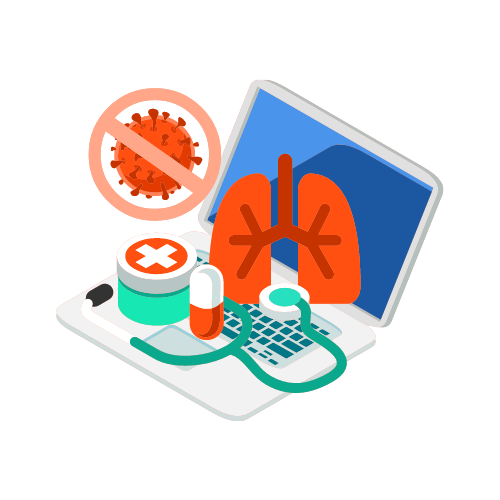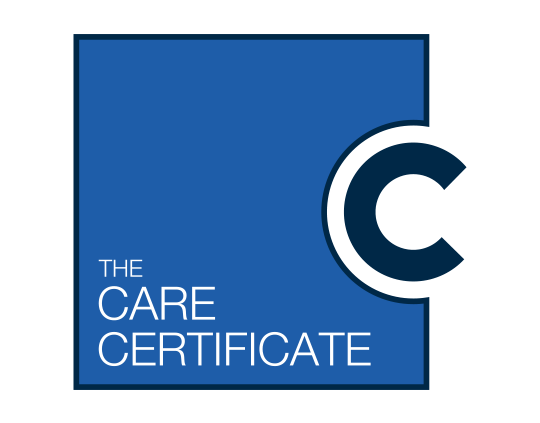Clinical Education Team
The Clinical Education Team, under the leadership of Judith Vance, our Head of Clinical Education, contributes to the Trust’s vision and upholds its values through the provision of effective clinical education and quality learning environments. We are dedicated to supporting our existing and future staff to develop the right behaviours, skills and competencies to provide compassionate person-centred evidence-based high-quality care.
To find out more about how SABP welcomes and supports students, trainees and newly qualified nurses, please email clinical-placements@sabp.nhs.uk.
Our responsibilities encompass various vital workstreams:
Allied Health Professionals
In close collaboration with 8 AHP professions employed by SABP (Art Therapy, Dietetics, Drama Therapy, Music Therapy, Occupational Therapy, Physiotherapy, Podiatry, Speech and Language Therapy), we manage AHP student placements, AHP apprenticeships, support the preceptorship of newly qualified AHPs and work with ICS to continue to enhance student offerings and expand placements.
- Karen Bates Learning Environment Lead – Allied Health Professionals
Nursing
We oversee various vital aspects of nursing education and professional development. This includes the management of student placements, the training of practice assessors and practice supervisors, and supporting continuing professional development (CPD) opportunities for nursing professionals.
- Adrian Mahamoodally Learning Environment Lead - Clinical Placements
Nursing Apprenticeships
We focus on nursing associate apprenticeship, registered nurse degree apprenticeship and registered nurse degree apprenticeship (Top up).
- Edwige Eloundou Clinical Practice Educator - Clinical Placements
Preceptorship
We are responsible for developing and delivering a preceptorship programme for newly registered nurses and nursing associates, as well as facilitating MDT preceptorship sessions which involve AHPs and Psychologists participating alongside with nursing colleagues.
-
Richard Luck Lead Clinical Practice Educator
-
Adrian Mahamoodally Learning Environment Lead - Clinical Placements
-
Karen Bates Learning Environment Lead – Allied Health Professionals
Trainee Clinical Psychologists
This covers Trainee Clinical Psychologists from Salomon’s University (Canterbury) and the University of Surrey, as well as Clinical Associates in Psychology (CAPS) from the University of Plymouth.
- Mitzie Turner-Wells Learning Environment Lead – Trainee Clinical Psychologists
You can also find out more about nursing and other apprenticeships by emailing apprenticeships@sabp.nhs.uk
Clinical Practice Education
We manage a range of educational programmes, including Suicide Prevention, Drug & Alcohol Awareness, Record Keeping, Risk Formulation and the Care Certificate.
- Richard Luck Lead Clinical Practice Educator
- Aparna Mahadevan Clinical Practice Educator
- Joanitah Ssebunya-Eloket Clinical Practice Educator – Care Certificate
Healthcare Support Worker Career Development
Hear about our career development opportunities for our Healthcare Support Workers:
Care Certificate
At SABP, the Care Certificate is a mandated programme for all Band 2-4 Support Workers who have joined the Trust since 1 January 2020. Any staff member who joins the Trust without the Care Certificate will be expected to complete it, unless you can provide evidence of another relevant qualification.
The 15 Standards of the Care Certificate are set by Skills for Health, Skills for Care and Health Education England as a result of the Cavendish Review.
Standards:
- Understanding Your Role
- Your Personal Development

- Duty of Care
- Equality and Diversity
- Working in a Person-Centred Way
- Communication
- Privacy and Dignity
- Fluids and Nutrition
- Awareness of Mental Health, Dementia and Learning Disability
- Safeguarding Adults
- Safeguarding Children
- Basic Life Support
- Health and Safety
- Handling Information
- Infection Prevention and Control
- Awareness of learning Disability and Autism
Support will be given within Clinical environments by Clinical Practice Educators and by your Line Manager and Assessor.
Equivalent Qualifications
Equivalent knowledge needs to be demonstrated by an accredited Health and Social Care qualification such as the Care Certificate from another employer or work-based Level 2 or 3 Certificate/Diploma achieved via an apprenticeship after 2017.
Higher level Diplomas, for example, Level 5 Foundation Degree Health and Social Care in Practice will be accepted.
We will require a copy of your qualification transcript, so that we can map to see how your qualification matches the Care Certificate criteria.
Admin Support
HauSum Wong Lead Clinical Education Administrator
Queenie Wong Clinical Education Administrator
Hau-ying Phoebe Chan Business Support Administrator